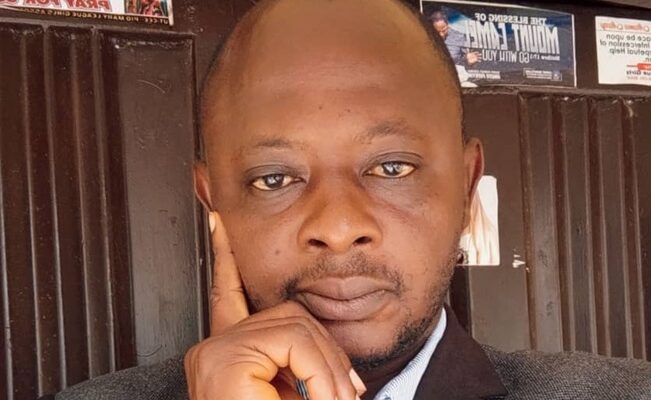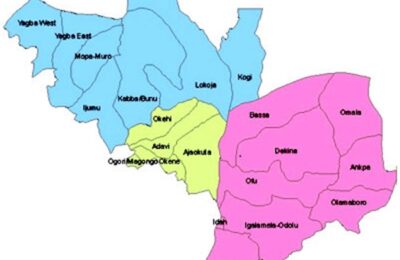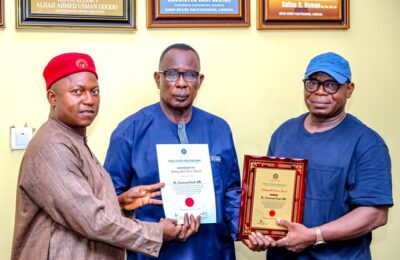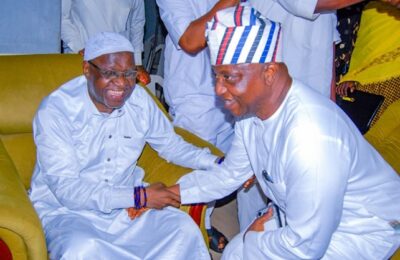Nigeria’s political landscape stands at an inflection point, where the erosion of institutional credibility and the corrosion of civic trust have propelled citizens to seek alternative moral anchors. In this milieu, the proposition that pastors and imams might ascend to executive authority is no longer theoretical—it is a practical question that interrogates the intersection of spiritual stewardship and civic governance. Can those who shepherd souls also steward a nation fractured by ethnic cleavages, religious tensions, and endemic corruption?
The allure of faith-driven leadership is evident. Scholars such as Francis Fukuyama have underscored that “weak institutions breed personalistic politics,” creating vacuums eagerly filled by figures of moral authority. In Nigeria, where the electorate has grown weary of transactional politics and ephemeral promises, the cleric’s credibility, cultivated over decades of congregational guidance, can translate into formidable social capital. An imam or pastor who commands obedience within their spiritual community carries the potential to mobilize collective civic action, instill accountability, and shape governance with ethical rigor.
Yet, the fusion of sacred and secular authority is inherently precarious. Max Weber’s delineation of the “ethics of belief” versus the “ethics of responsibility” highlights the moral tension faced by spiritual leaders in politics. While guiding a congregation demands doctrinal fidelity and moral clarity, political leadership requires negotiation, compromise, and often, morally ambiguous decision-making. The risk is deep: a leader who fails to reconcile these spheres may compromise both ecclesiastical authority and national credibility.
Historical precedents offer instructive insights. Archbishop Makarios of Cyprus and Tanzania’s John Magufuli exemplify the double-edged potential of clerical leadership: both achieved infrastructural and civic advances, yet authoritarian tendencies emerged, illustrating that moral charisma alone cannot substitute for institutional checks and governance acumen. In Nigeria, with its delicate mosaic of ethnicities and faith communities, a miscalculation by a faith-based leader could inflame, rather than mitigate, societal fractures.
Nonetheless, proponents argue that clergy possess unique capacities to cultivate civic virtue. Robert Putnam’s research on social capital emphasizes that communities anchored in shared values exhibit higher levels of trust, participation, and ethical adherence. By leveraging their moral authority and communal networks, pastors and imams can, in theory, promote governance that is principled, visionary, and resilient against corruption. In a polity starved for ethical exemplars, such leadership carries both symbolic and practical gravitas.
Critics, however, caution against conflating charisma with competence. Governance is a crucible demanding analytical acumen, strategic foresight, and political dexterity. Spiritual authority does not inherently confer these competencies, and the temptation to wield divine imprimatur as political license may exacerbate institutional fragility rather than ameliorate it. Nigeria’s electorate must therefore exercise discernment, evaluating whether a cleric’s ethical gravitas genuinely enhances their capacity to govern or merely amplifies personalistic ambition.
Ultimately, the question is existential: can Nigeria reconcile spiritual stewardship with statecraft? As political cynicism deepens and societal impatience intensifies, the convergence of pulpit, minbar, and political office may define the nation’s trajectory for decades. The stakes are immense, but so too is the opportunity: a well-prepared, ethically anchored faith leader could catalyze a renaissance of governance, trust, and civic cohesion in a nation starved for moral clarity.
– Inah Boniface Ocholi writes from Ayah – Igalamela/Odolu LGA, Kogi state.
08152094428 (SMS Only)




